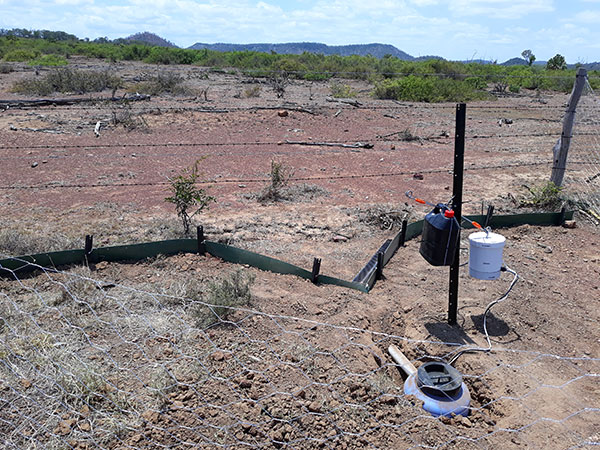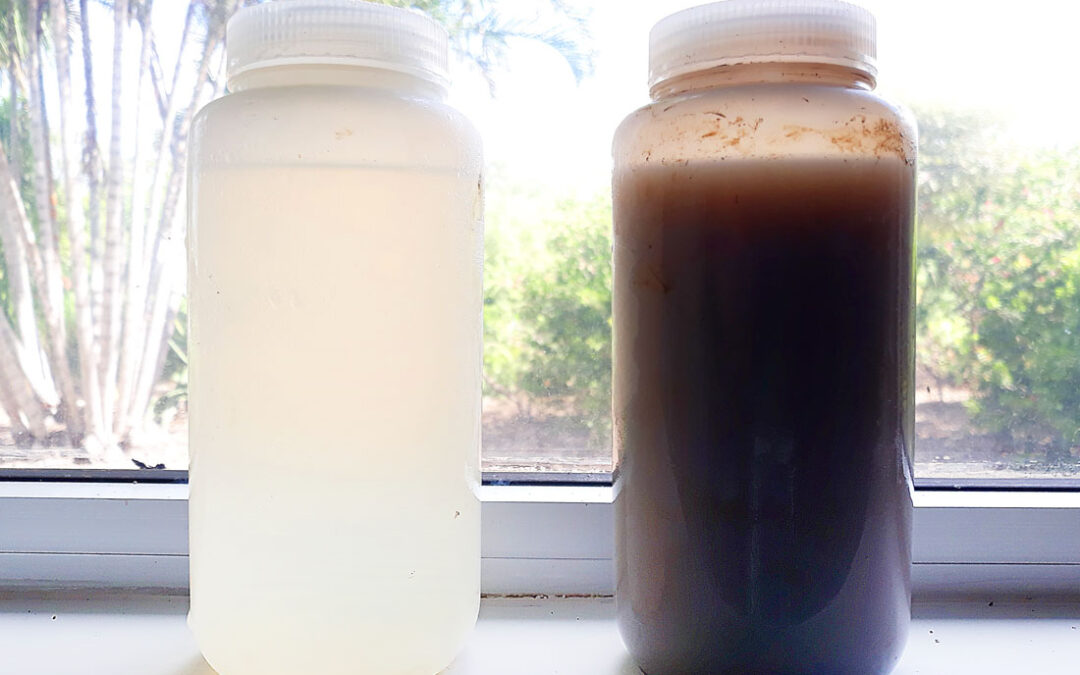Improvement in grazing land management practices is making a real difference to the quality of water entering the Great Barrier Reef catchment and the biodiversity of grazing landscapes, according to new research from CQUniversity.
In a pilot trial conducted as part of Project Pioneer, CQUniversity researchers compared water run-off from properties managed under regenerative grazing principles with those of neighbouring properties that are not yet subject to regenerative land management.
The Project Pioneer water quality comparative study was funded by the partnership between the Australian Government’s Reef Trust and the Great Barrier Reef Foundation.
CQUniversity river health expert Dr Nicole Flint said the data gathered in the trial provided insight into the potential impact that wide-spread adoption of regenerative grazing methods could have for improving the quality of water entering rivers in Reef catchments.



“Runoff captured from sites managed using regenerative grazing principles all recorded lower levels of suspended solids than neighbouring properties,” Dr Flint said.
“Riparian and stream habitat scores taken at each site were also higher at the regenerative grazing properties compared with the traditional control sites, with better ground cover and canopy vegetation around waterways, as well as lower incidence of soil erosion.”
After rain events in early 2020, the preliminary trial captured run-off from three Central Queensland properties – located at Thangool, Baralaba and Gogango – that have been managed using regenerative grazing principles for at least five years.
Dr Flint was supported by CQUniversity researchers Dr Evan Chua and Julie-Ann Malan, along with RCS Project Officer Angus Dunne and WWF’s Leanne Sommer, to establish six monitoring sites within each of the trial properties, consisting of three within-property ‘treatment’ sites and three fenceline ‘control’ sites collecting water samples from adjacent properties that do not yet practice regenerative land management practices.
They noted, however, that the preliminary trial was limited in scope and to quantify the full effect of regenerative grazing across the landscape, a larger research project would be needed, considering a wider range of variables.
CQUni is now working with RCS and WWF to expand the research as part of efforts to encourage more farmers to implement regenerative grazing practices.
RCS Australia General Manager Adam Curcio said the findings were important to driving practice change within the beef industry, which accounts for 80% of land use in Central Queensland and is facing increasing societal expectations to minimise environmental impacts on the Great Barrier Reef.
“Regenerative grazing management is a very practical method of improving the sustainability of a grazing business,” Mr Curcio said. “It can be as simple as protecting riparian zones through use of off-stream watering points and rotational grazing to improve ground vegetation coverage and reduce soil erosion.
“As well as cleaner water run-off and reduced loss of topsoil, these practices result in lower occurrence of ‘bare ground’ surfaces which, as the name suggests, means there is less pasture available to grow cattle.”




Project Pioneer is funded by the partnership between the Australian Government’s Reef Trust and the Great Barrier Reef Foundation. The project is delivered by RCS with support from WWF, Maia Technology, Farm Map 4D and CQUniversity.

